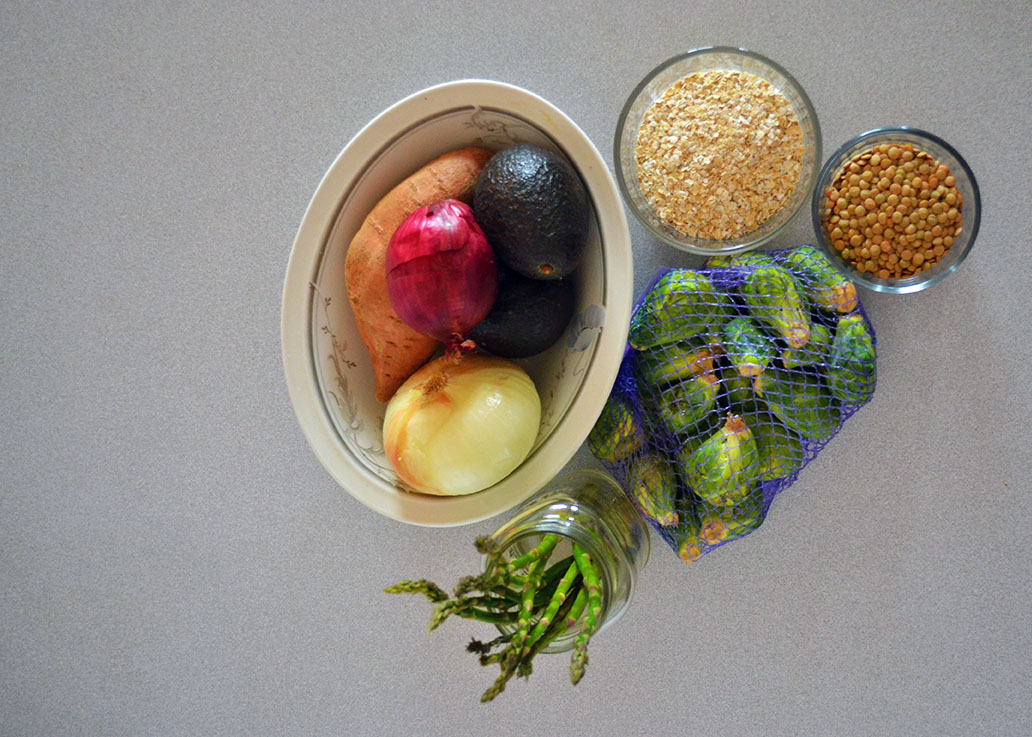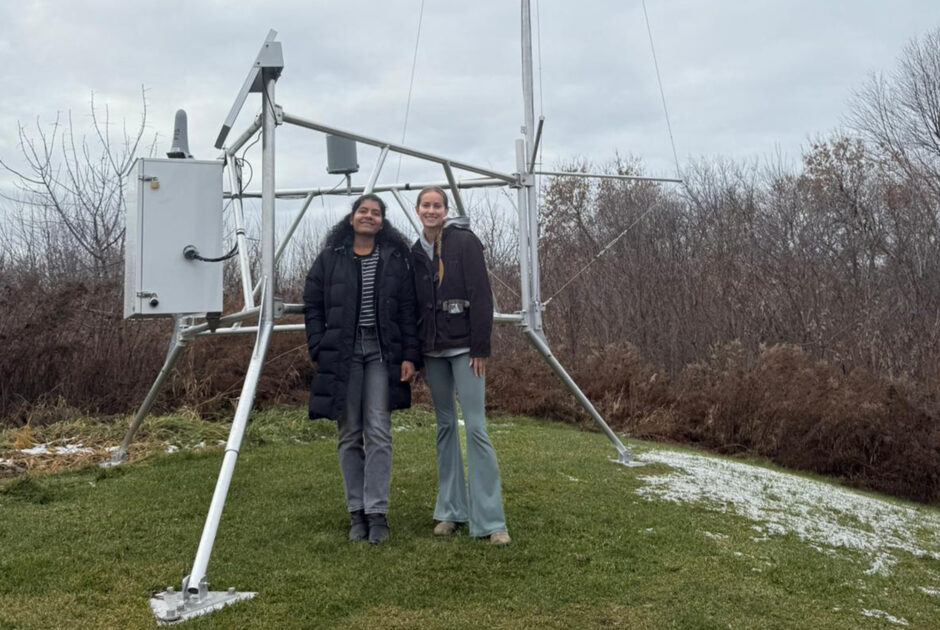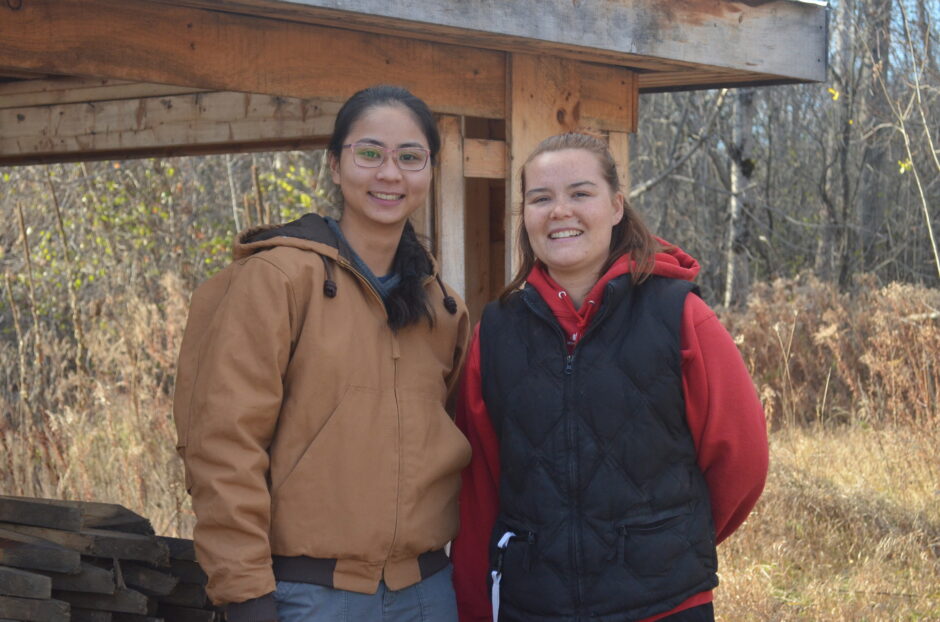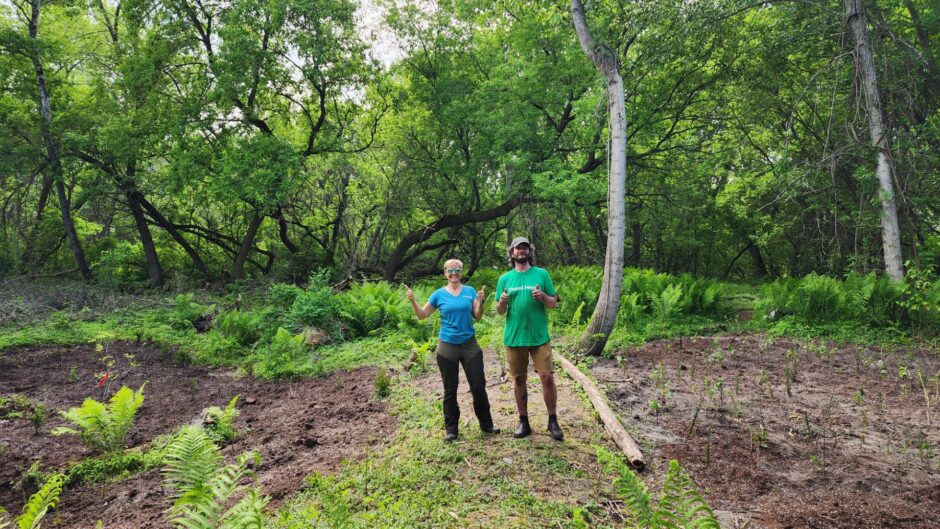More Canadians are opting for plant-based diets

Jen Nielsen, a student in the environmental management and assessment program at the Pembroke campus, started to question the food she was eating when she was a teenager growing up in the farming community of West Carleton.
“When it came down to it, I would not be able to kill an animal for my consumption,” said Nielsen, 29. “I couldn’t justify paying other people to do it.”
Her vegetarian diet started for ethical reasons, but after a month she realized the health benefits. She also researched the dairy and egg industries, and decided to adopt a vegan lifestyle.
“It just seemed like the right thing to do,” said Nielsen. “It was aligning my actions with my values.”
Today, six years later, she remains a strong supporter of veganism.

More Canadians are opting for a plant-based diet more often, said a study done by the University of Guelph, and many Algonquin students are on board.
Danielle Daviau, a mature student in the environmental studies program, said her diet has fluctuated over the years, but knows her efforts make a difference for the environment.
Daviau was vegetarian for most of her childhood and teen years.
It was when she turned 20 that she introduced fish into her diet.
“I wasn’t very healthy,” said Daviau. “I started eating meat again and felt better. I try to buy from the butcher, and I eat a lot of vegetarian dishes. I try not to restrict myself with food.”
Her stance is that eating meat can be done humanely, but for right now it’s not an ethical choice, and she’ll be trying to mitigate it as much as she can from now on.
Mikhala Austin, 21, is in the environmental studies program and plans to continue her education in the environmental technician program at the Pembroke campus next year.
She started her flexitarian diet two years ago, ultimately cutting out red meat because she never enjoyed the taste of it.
“I decided just poultry from then on,” said Austin. “Maybe a little bit of pork. My one exception was I only wanted to eat ground meat if I knew where it was coming from.”

Austin refuses to purchase beef from big-box stores, and when eating out, she avoids chain restaurants.
“There’s a couple local places in Ottawa, and they tell you where all the meat comes from,” she said. “You know it’s locally sourced, and if that’s the only ground beef I eat then I’m fine with that.”
Anna Bramble is enrolled in the environmental studies program and lives on campus in Ottawa.
For four years Bramble was vegetarian, but made the switch over to flexitarian due to medical reasons.
“My iron just got really low and it was healthier for me to not be fully vegetarian,” said Bramble. “It’s definitely harder living on campus, especially if you have dietary restrictions. I can’t eat dairy, so there’s not often a lot of vegetarian I can have.”
Bramble suggested if you have dietary restrictions you should go for the light meal plan.
“The Observatory has consistent vegetarian and a few vegan options during the week,” they said.








